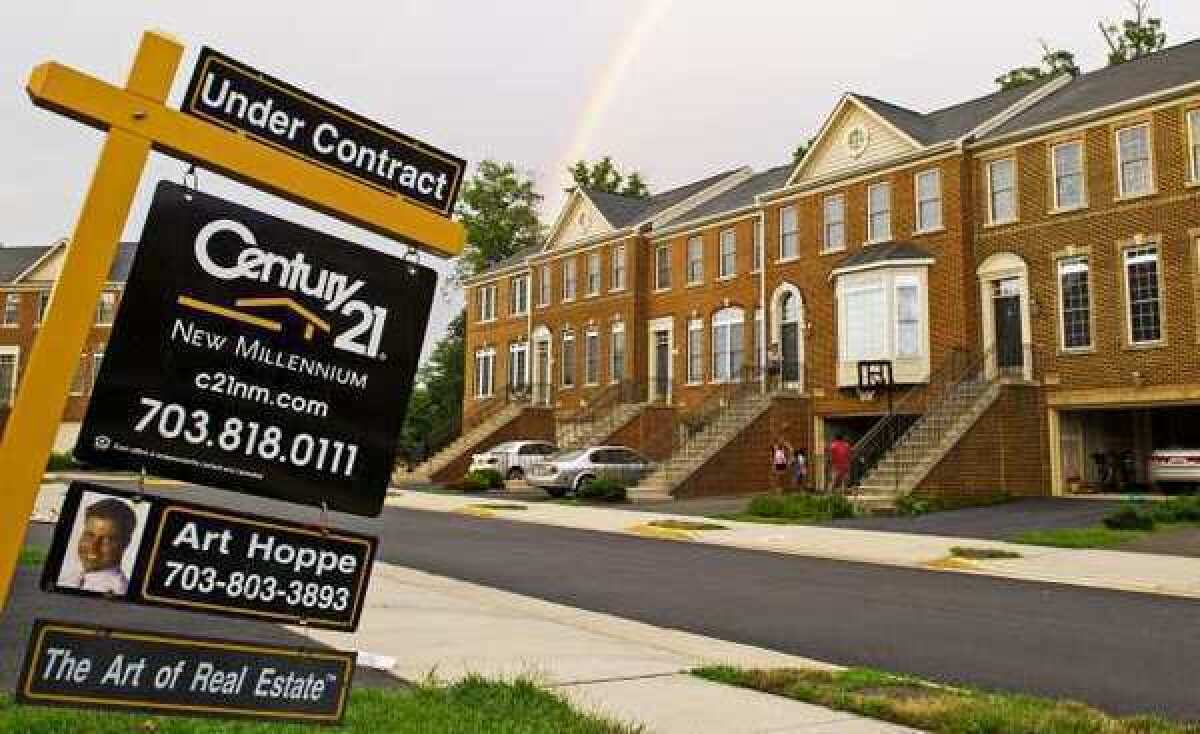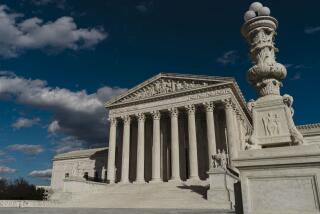Housing policy virtually a no-show at both parties’ conventions

WASHINGTON — Call it the political elephant in the room: 1.2 million families across the country are at some stage of foreclosure, 3.8 million homeowners have been foreclosed upon since September 2008, 11.4 million are underwater on their mortgages and $6.5 trillion in home equity has been lost by owners since 2005.
Moreover, home building and sales are intimately linked with job creation. Yet the subject of housing policy was virtually a no-show at the Democratic and Republican conventions and in the party platforms.
Given the huge impact that the housing and mortgage crashes have had on millions of voters and workers, you would think housing would have been high on both parties’ priority lists. They’d say: OK, here’s how we’re going to turn this crucially important situation around — getting builders building again to pre-boom historical levels, helping out the good folks who paid their loans on time even when underwater, plus making sure that banks make loans available to creditworthy buyers who want a mortgage rather than penalizing them for the banks’ mistakes.
But Mitt Romney didn’t mention housing policy at all in his speech to the Tampa, Fla., convention. President Obama barely touched it, saying: “I’ve shared the pain of families who’ve lost their homes.”
The Republican platform panned the Obama administration’s response to the housing crisis as having “done little to improve, and much to worsen, the situation.” The GOP solution: Privatize pretty much the whole mortgage finance system, kill Fannie Mae and Freddie Mac — which currently fund about two-thirds of all new home lending — and cut the role of the Federal Housing Administration, which is the primary source of mortgage financing for first-time and minority purchasers who have moderate incomes but less than 20% down-payment cash.
The Democratic platform claimed credit for assisting 5 million struggling homeowners “restructure their loans to help them stay in their homes” — a total far beyond most analysts’ estimates for the Home Affordable Modification Program (HAMP) and related federal efforts. Last month, an independent study by federal and academic economists reported that rather than the 3 million to 4 million families originally projected by the White House to be assisted with modifications by HAMP, the actual number will be barely one-third that target.
In the Nation, a publication on the political left, commentator George Zornick ridiculed the Democratic platform’s boasting of a “crackdown” on the fraudulent lenders who helped create the subprime crisis, noting that “no high-ranking Wall Street officials or firms have been held responsible for the subprime catastrophe” that they facilitated by buying and securitizing poorly underwritten, toxic mortgages.
The Republican platform, meanwhile, blamed the whole subprime mess and housing collapse on Fannie Mae and Freddie Mac, even though private investment banks such as Lehman Bros. and Bear Stearns played far larger roles in the securitization money machine that fueled the subprime mania. The roles of Wall Street and the big banks get no direct criticism by the Republicans, even though the private secondary market they control would be the foundation for any new system of mortgage finance under a Romney administration.
Even on a subject that has broad popular support among voters — continuing tax benefits for homeownership, particularly the mortgage-interest deduction — the parties waffled. The Democratic platform avoids the issue entirely; Obama has proposed reducing the mortgage write-off for owners with incomes above $250,000. The Republican platform drafters initially rejected any pledge of support but later relented with language agreeing to continue the deduction if Congress fails to enact comprehensive tax reforms.
So why has housing, which traditionally leads the economy out of recessions, suddenly become a political orphan this election? Could it be that both parties feel vulnerable in any serious discussion of their own roles in the crash, which include regulators blind to widespread irresponsible lending during the Bush years and the painfully inadequate response to the foreclosure explosion during Obama’s? Or is it the possibility that neither side has politically viable solutions for fixing the system?
Try both.
Distributed by Washington Post Writers Group.
More to Read
Get the L.A. Times Politics newsletter
Deeply reported insights into legislation, politics and policy from Sacramento, Washington and beyond. In your inbox three times per week.
You may occasionally receive promotional content from the Los Angeles Times.






